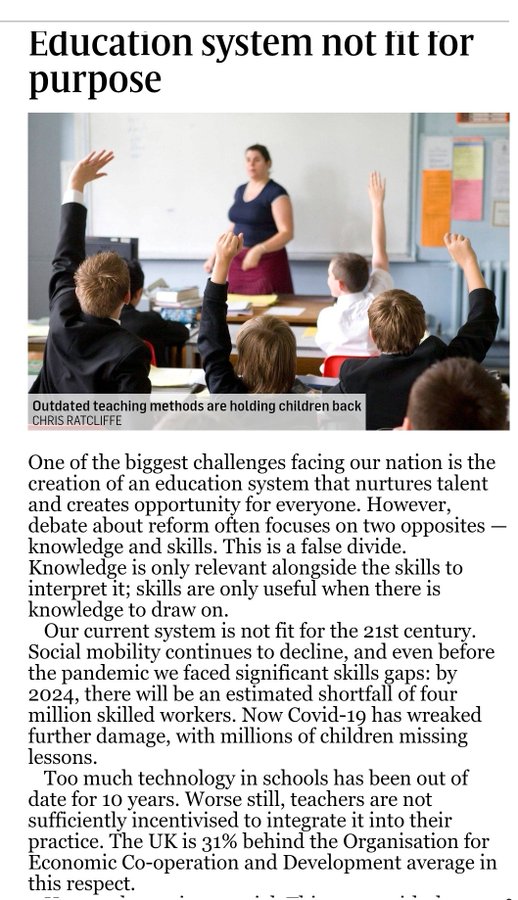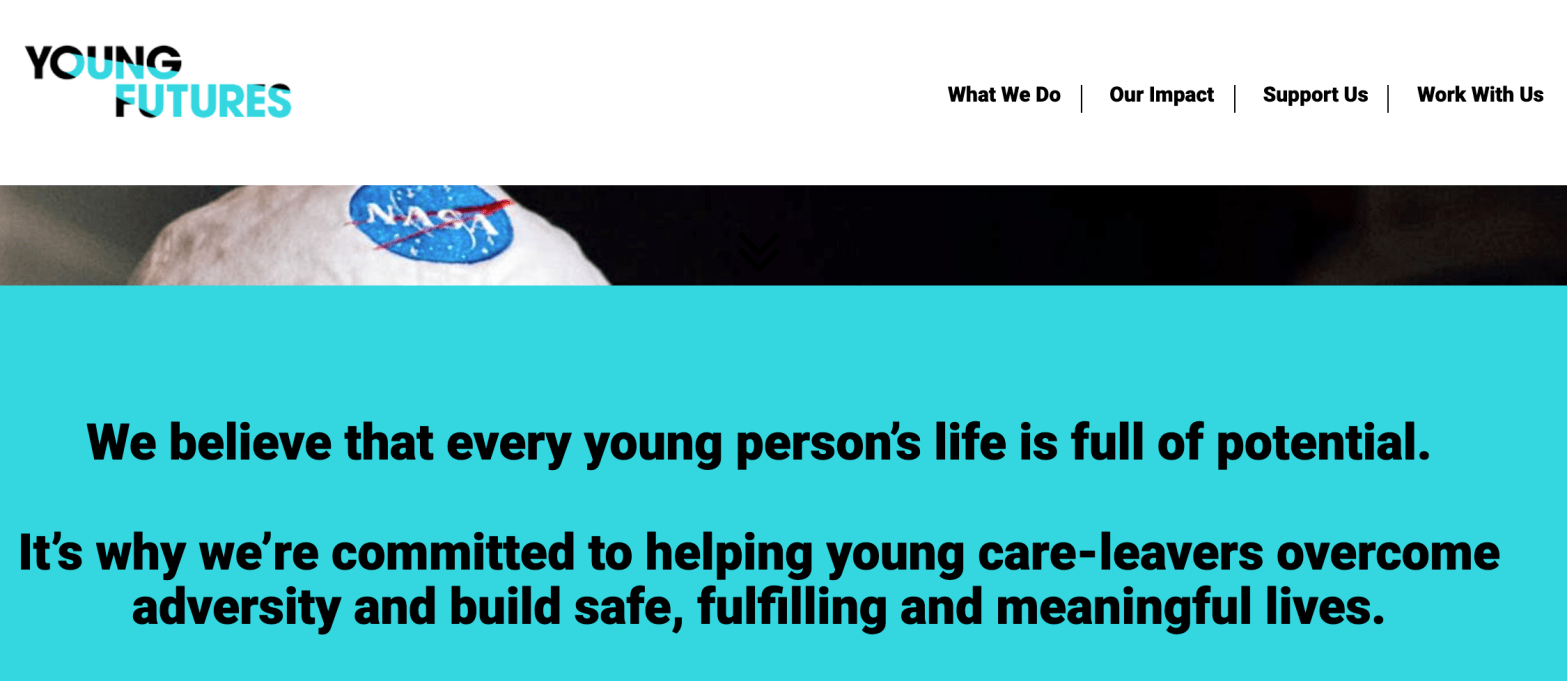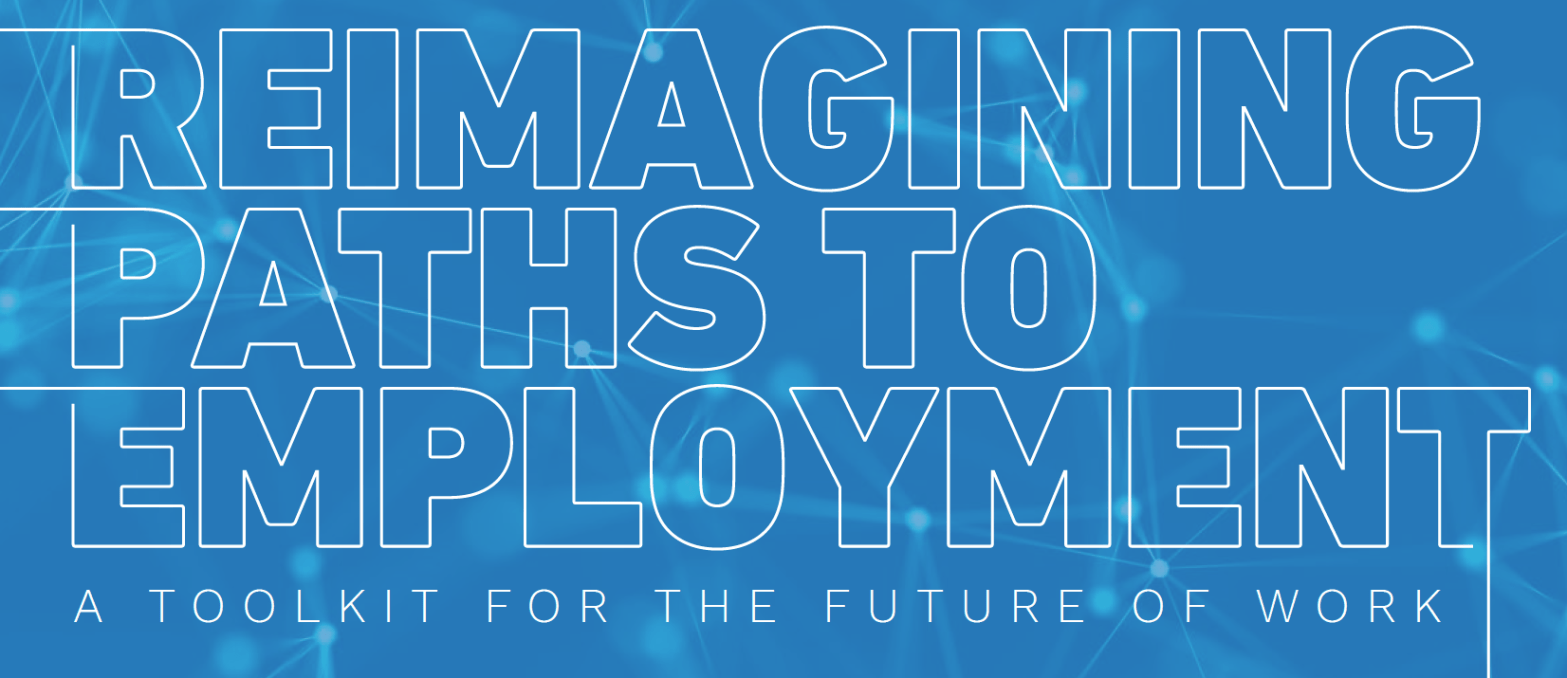…I passionately felt that there was a more important question to answer. Post-Brexit and post-Trump, a thousand words came out in two hours. Quite understandably, the publication that asked me to pitch an article to them rejected what I sent. So here it is.
After two decades spent at the intersection of education, digital technology and commerce, I have never felt such mixed emotions. I am disappointed at how little has changed; accepting of how naïve I was when I started; and never more determined to engage with the complex, essential and exciting challenge of what I feel needs to be done.
We need to be frank. Despite widespread excitement and rhetoric, digital learning has so far shown few clear gains to societies around the world. School systems have not been transformed, curricula remain broadly unchanged, and in a number of countries (including the UK, my home) digital initiatives have withered. The evidence for “what works” is disputed and thin. Children are leaving educational systems ill-equipped for the new realities of globalisation, and many adults are unable to re-tool themselves as the world changes around them.
For sure, there are some contexts in which the use of technology has gained adoption. These are frequently those in which there are clear crises of value and low-cost gaps which need to be filled. In US Higher Education, online learning is slowly but firmly moving into the mainstream, not least because of major demographic changes in the student body, and the widespread questioning of the cost/benefit of a traditional four-year residential degree. Alongside universities offering online degrees we are seeing the rise of the coding bootcamp – both virtual and physical – which foregrounds practical digital skills. In language learning, “good enough” solutions have emerged – whilst a free app with no human interaction is highly unlikely to make you fluent in English, it may well give you enough to improve your job prospects. Digital test preparation tools and services for high-stakes public exams are mushrooming, with particularly substantial investment going to providers in India and China. Especially in Africa, interesting but controversial experiments are under way to raise education levels with low-cost private schools facilitated by technology.
Yet all of these so far feel like tinkering rather than the unleashing of dramatic potential. In developed economies, digital pedagogy is often explored by teachers in spite of the systems in which they are operating. Throughout the world, programmes to introduce technology in schools come and go, frequently driven by political whim rather than evidence and best practice, often losing funding before there is a chance to embed new ways of working. Teachers and systems resist change, for entirely understandable reasons – they don’t want to risk their children’s futures or their careers (both frequently based on unchanged traditional public examination results), and they have seen so many initiatives come and go that cynicism has set in. Not everyone is instantly comfortable with new technology, and the support and infrastructure they need to engage with it is rarely resourced properly. Educators are rarely given the space to develop as reflective professionals. There is a lack of patient, incremental capital which allows companies to grow at the pace of discursive educational change, rather than at the pace of Uber.
Technology still holds immense potential for learning. It holds out the opportunities of greater personalisation, more exciting resources, wider choices, and better evidence with consequent improved practice. More importantly perhaps, we need to reframe the issue: learning requires technology as our world becomes deeply digital. Our working tools are increasingly electronic. All of us need to understand the underpinnings (and underbelly) of the technology-driven societies we call our own, in the same way as most of us have long agreed that children need to know the basics of science. We have to know what we are dealing with, and know how to question it.
So – how do we make progress?
The problem here is agreeing what we want progress to be.
Education is frequently presented as an amoral scientific endeavour, particularly by technology companies who have solutions to sell. Learning algorithms will find the best pathways for our children. Teachers with more data will make better decisions. Virtual reality will bring History alive in unprecedented ways. Mobile devices will let us learn anything, anywhere.
Yet education is fundamentally, unavoidably, always about values. Algorithms are programmed by humans who decide on their priorities. Data is useless without filtering and interrogation. At its best, the study of History is learning a process of weighing evidence to find a provisional, consciously incomplete idea of the past – at its worst, a political endeavour to reinforce power. Content and data on mobile devices is mediated by powerful companies with agendas which may not always match our own.
In these days of division, fear and uncertainty, somehow we need to agree on an agenda for education in our various countries which serves to cement what holds us together rather than grow fissures into chasms. Technology can be a vital part of this. We have an extraordinary new ability to talk to and see people in the next community, or furthest country, at tiny cost. We may be able to develop new ways to assess and understand people’s abilities and potential, and help them develop the attitudes and skills which give them the best chance in life. It may even be possible more quickly to find them jobs that they can do wherever they find themselves, or wherever they want to move to, giving them the self-esteem and confidence which comes from a stable, sufficient income. We can bring unprecedented deep and diverse experiences – of people and environments – to the learning process.
Those of us who have positions of possibility, knowledge and power within the world of education face a new imperative to articulate how technology is no more and no less than a tool in the service of what we want our children – and ourselves, and our fellow citizens – to experience. We need to talk about aims and values first and evaluate our educational tools, systems, practices and people (including ourselves) against them. We need to acknowledge the inevitable moral angle of our work and argue, in the spirit of honest dialogue, for what we believe in.
As ever, references are available if you contact me via Twitter @nkind88





